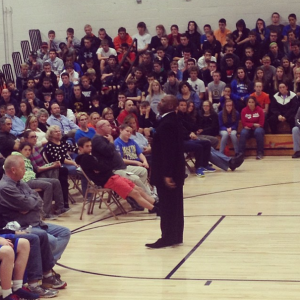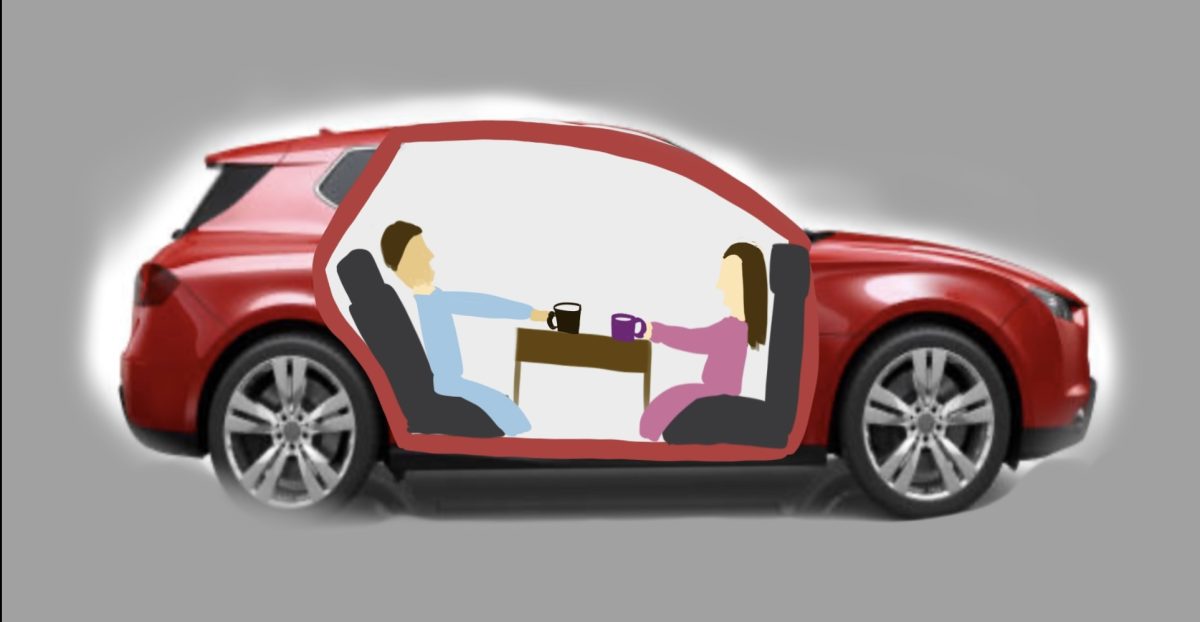
Every athlete at Walpole High School is required to attend Chemical Health Night every October. Although parents and students groan as they pack the hot gym for this standing-room-only event, everyone in the audience — even the most reluctant students — usually has a positive, engaging experience. While the prominent speakers have all been athletes, their message and raw truths extend outside of the realm of athletics. Instead of the cliche “don’t do drugs” lecture, these speakers deliver powerful life-long lessons about complex life decisions and the consequences of weak choices.
These speeches were so powerful that many in the audience pondered one main thing: Why wasn’t the rest of the school community present? Why was this event only mandatory for athletes and one parent? Are athletes the only people who make poor decisions? Are the life lessons of these speakers unnecessary to Walpole’s artists, dancers, Roborebels, film students, or couch potatoes? Or, have they just been ignored by a community that is too focused on curbing the negative behavior of only athletes?
This year, ex-Patriots player Anthony Collins enthralled the Walpole High School athletic community with his warnings about the consequences of drug use on October 1, 2014. After he failed his third drug test because of marijuana, he was released by the Patriots and sent to the Miami Dolphins. His speech about how his use of drugs ruined his athletic career and almost ruined his life engaged the audience with realistic details.
Similarly, two years ago ex-Celtics player Chris Herren enthralled the audience with his stories about his near-fatal heroin overdoses. Herren engaged the audience with details about being arrested in the parking lot of a Dunkin Donuts in Rhode Island. His downward spiral — one which included oxycontin, crystal meth, and heroin — hit rock bottom when Herren overdosed on heroin and crashed into a utility pole. According to paramedics, he had been dead for thirty seconds.
While the speakers were both athletes whose success has exposed them to negative consequences, their speeches clearly extend outside the realm of sport to appeal to adolescents and parents. Doesn’t that message mean anything to non-athletic students?
Chemical Health Night originated twelve years ago after the Walpole School Committee worked with the Athletic Department to improve the education of student athletes about the consequences of substances abuse. Although there is no place in the school to hold every student and parent, people could report to homerooms where they could watch the presentation on televisions. This solution obviates the cramming of the entire athletic community into our undersized gymnasium, and more importantly, this solution extends the speaker’s message to the rest of the community. With this solution, every student can hear the message.














